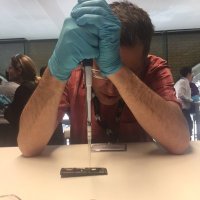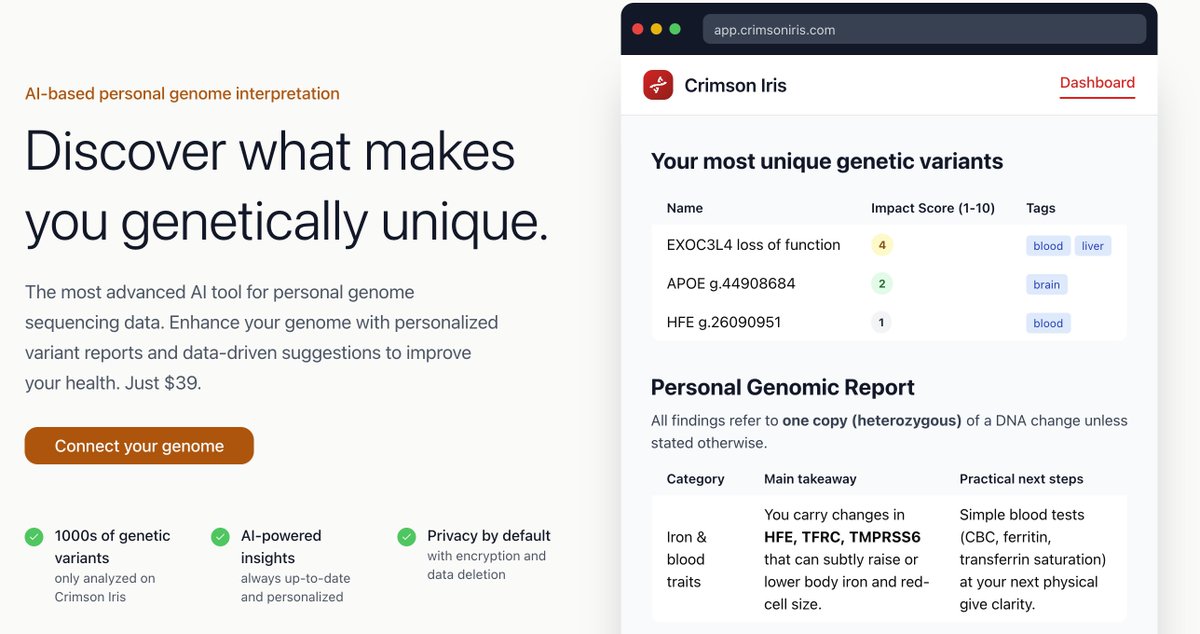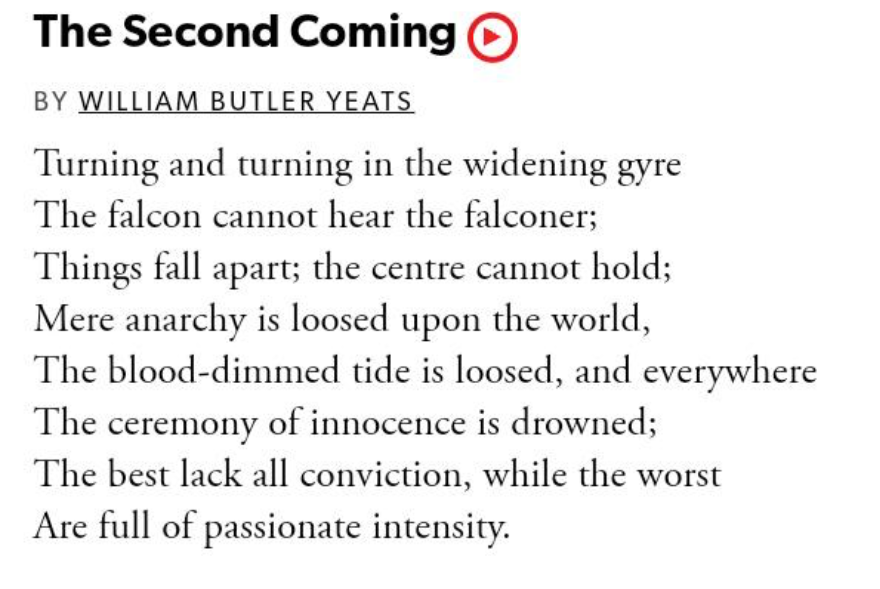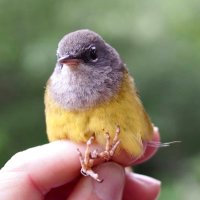
cj battey
@cj_battey
Computational biologist in diagnostics
ID: 1901872572
http://cjbattey.com 24-09-2013 21:56:25
3,3K Tweet
3,3K Followers
1,1K Following
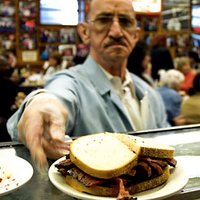
Really excited about our lab's latest paper led by Kevin Korfmann. Here, Kevin has developed a deep, transformer-based language model for population genetics for inferring coalescent times (times of common ancestry) along recombining chromosomes. biorxiv.org/content/10.110…



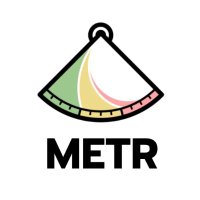

In #GENETICS, Alexander Stein and Benjamin Werner present a new study about the population genetics of cancer. Learn about their theoretical assessment of the genetic makeup of cancers before and after treatment: buff.ly/cADPpiP






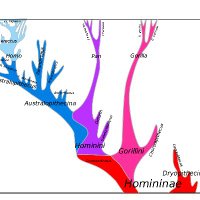
Phylo2Vec: A Vector Representation for Binary Trees academic.oup.com/sysbio/article… Society of Systematic Biologists

